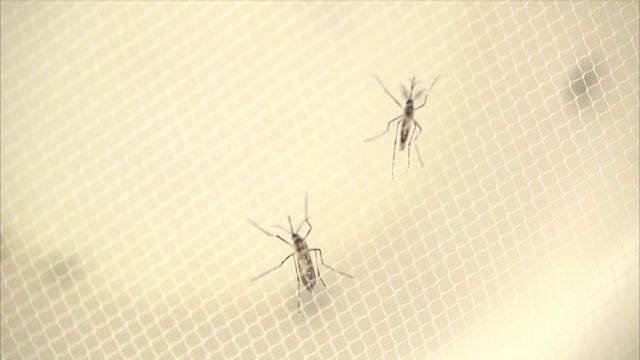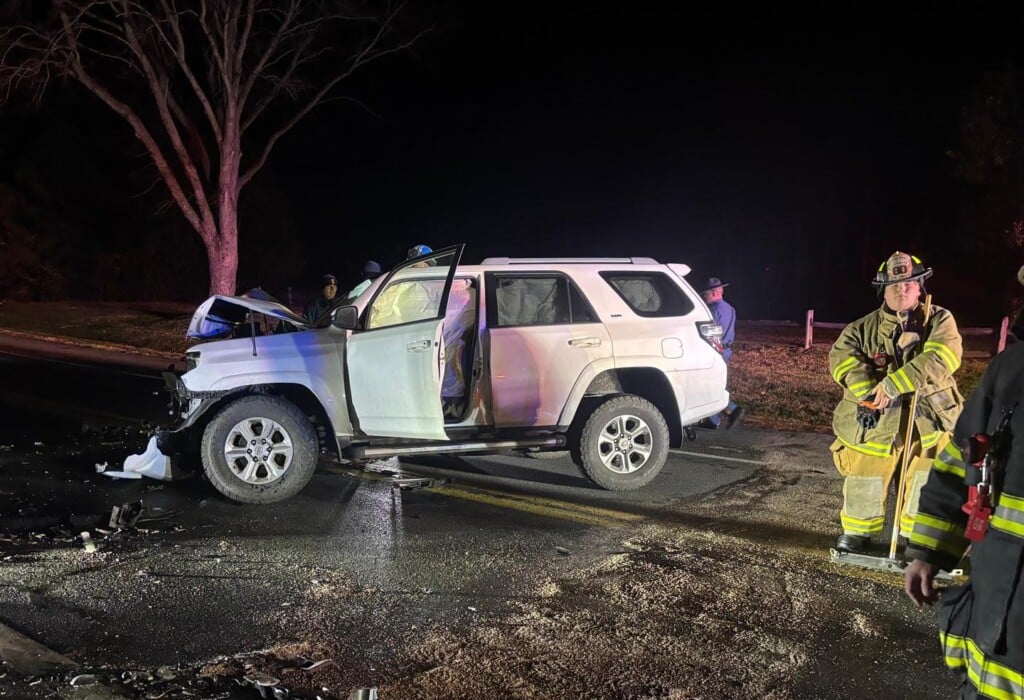Zika: not a local threat, according to Del. health officials

The Delaware Division of Public Health spoke out Wednesday about the state’s first case of Zika.
They’re released very little information about the case citing only that the patient is an adult woman who traveled to one of the countries where an infection is happening.
In order to protect her privacy, officials would not confirm her age, county of residence, or even when she was traveling; however, they say she tested positive last week after experiencing mild symptoms and has since recovered.
In a telephone conference with media on Wednesday, Dr. Karyl Rattay of the Division of Public Health says aedes aegypti, which is the most common mosquito that transmits this disease, is not a threat in the first state.
“At this point in time, there have been no cases transmitted…certainly, not from this mosquito.” Explains Dr. Rattay. “We do not see this certain type of mosquito commonly at all in Delaware.”
Public Health says there are steps people can and should consider if people are traveling out of the country.
“We’re talking about using insect repellents and also sleeping under bed nets in those settings.” Says Dr. Awele Maduka-Ezeh?.
Dr. Rattay says their main concern is women who are pregnant. According to Public Health, the most serious threat linked to Zika is birth defects.
Because there is currently no vaccine or antiviral medications, Public Health says they’re sharing the *same* precautions as the CDC.
“If you are pregnant, we recommend that you do not go to a place where Zika is spreading, and if you are pregnant and live in an area where Zika is spreading, do everything you can to protect yourself against mosquito bites.” Explains Dr. Tom Frieden, director of the CDC.
The Division of Public Health says they are also partnering with DNREC to monitor any virus tranmissions during mosquito season on Delmarva.


